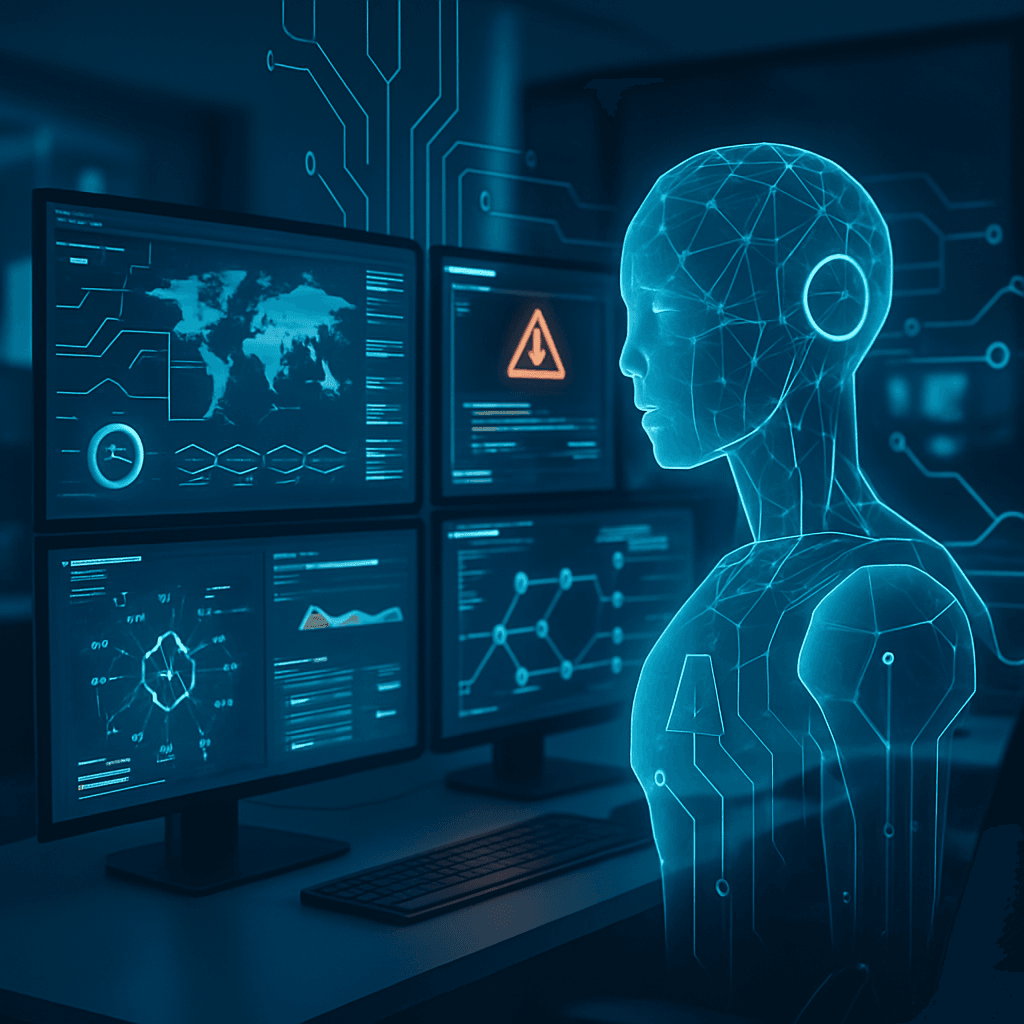Palo Alto Networks just fired the opening shot in the AI-powered cybersecurity arms race. The company launched Cortex AgentiX on Tuesday, a suite of AI agents that can automatically investigate threats, respond to email breaches, and deploy across multiple security platforms without human intervention. With cyberattacks growing more sophisticated and enterprises struggling to keep pace, this automation push signals a fundamental shift in how companies will defend themselves in the AI era.
The cybersecurity industry just got its ChatGPT moment. Palo Alto Networks launched Cortex AgentiX on Tuesday, unleashing AI agents that can autonomously hunt threats, investigate security incidents, and respond to email breaches across multiple vendor platforms. It's the kind of automation that security teams have been dreaming about as they drown in an endless stream of alerts and false positives.
CEO Nikesh Arora told reporters the agents address "growing demand from customers for more automated capabilities," though most will still have human oversight for now. The timing isn't coincidental - companies are scrambling to defend against increasingly sophisticated attacks that leverage AI themselves.
Just weeks ago, cybersecurity firm F5's stock tumbled 10% after revealing a devastating nation-state hack, underscoring how even security companies aren't immune to modern threats. "Some enterprises are still under the illusion that they are extremely secure," Arora warned, and that illusion is rapidly crumbling.
The Cortex AgentiX rollout comes at a pivotal moment for Palo Alto Networks. The company is in the middle of integrating its massive $25 billion acquisition of Israeli identity security vendor CyberArk, creating what Arora calls a comprehensive AI-powered security platform. According to SEC filings, this represents one of the largest cybersecurity deals in history.
What makes these agents different is their cross-platform deployment capability. Unlike traditional security tools that work in silos, Cortex AgentiX can operate across various security vendor environments, potentially solving the integration headaches that have plagued enterprise security for years. The agents will be available immediately through several of Palo Alto's current cloud services, with a dedicated platform launching next year.
The competitive implications are massive. While companies like CrowdStrike and SentinelOne have been pushing AI-enhanced detection, Palo Alto is betting on full automation. It's a high-stakes gamble that could either revolutionize cybersecurity operations or create new vulnerabilities if the AI makes critical mistakes.











